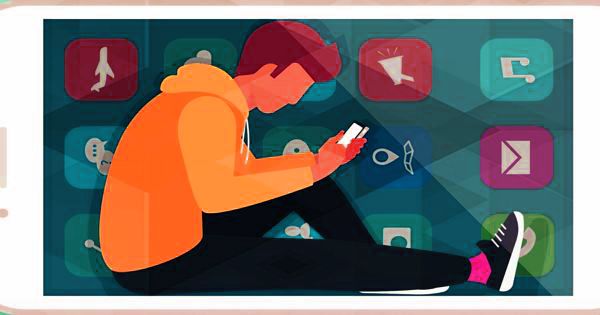One significant brain alteration that happens in the teen’s brain is how sleep rhythms are changed after puberty. When families go back to a new school year, sleep specialists at the University of South Australia advise parents of the value of teens having enough sleep, warning them that a lack of sleep will adversely impact their mental health.
In a recent research paper, UniSA sleep specialists Dr. Alex Agostini and Dr. Stephanie Centofanti agree that sleep is inherently related to mental health, but is mostly underestimated by health professionals as a contributing factor.
Teenagers need at least eight hours of sleep each night. Without this, they’re at risk of developing behavioral problems.
Dr. Agostini says it is important that parents and medical professionals be mindful of the bi-directional connection between sleep and mental wellbeing, particularly in adolescent years. “It is vital for all of us to have adequate sleep-it improves our physical and mental health, increases our immunity, and ensures that we can perform well on a daily basis,” says Dr. Agostini.
“But for adolescents, sleep is particularly important because they’re at a time when they’re going through a whole series of physical, emotional, and developmental transitions, all of which rely on adequate sleep.
“Research suggests that adolescents require at least eight hours of sleep every night. Without this, they are less likely to cope with stressors, such as harassment or peer distress, and are at risk of experiencing behavioral disorders, as well as anxiety and depression.” When sleep decreases to fewer than six hours a night, a study suggests that adolescents are twice as likely to partake in risky behaviors such as reckless driving, marijuana, alcohol or cigarette consumption, risky sexual behavior, and other violent or unhealthy habits.”
Almost one in seven children and teenagers (4-17 years of age) may have a mental health condition in Australia. The World Health Organization reports that while half of all mental health disorders start at 14 years of age, most cases go undetected and untreated.
Co-researcher, Dr. Centofanti, claims that while several causes lead to later adolescent bedtime, technology is one of the worst perpetrators. “Teens spend a lot of time on smartphones, whether they’re texting friends, playing sports, or watching videos, using electronics late at night is one of the most frequent disruptors of good sleep. Overuse with technology will also lead to mental health problems that are likely to exacerbate anxiety, “Dr. Centofanti says that.
“Not only can technology be used to make us feel nervous and awake, but the blue light released by technology stimulates the release of the sleep hormone melatonin to prolong the normal onset of sleep. This is troublesome because adolescents still have a psychological propensity to want to sit up late and sleep in. “To make a real difference to adolescent mental health, both parents and medical professionals need to consider how sleep can impact adolescent mental health.”
Teens are frequently awash in flashing lights late at night, technological and social stimulation that keeps them busy in the wee hours, and weekend parties that drive them well into the early morning. All of these variables combine in order to set a new go-to-sleep-late and wake-up-late schedule. These adjustments will lead to problems for you and your teens.















